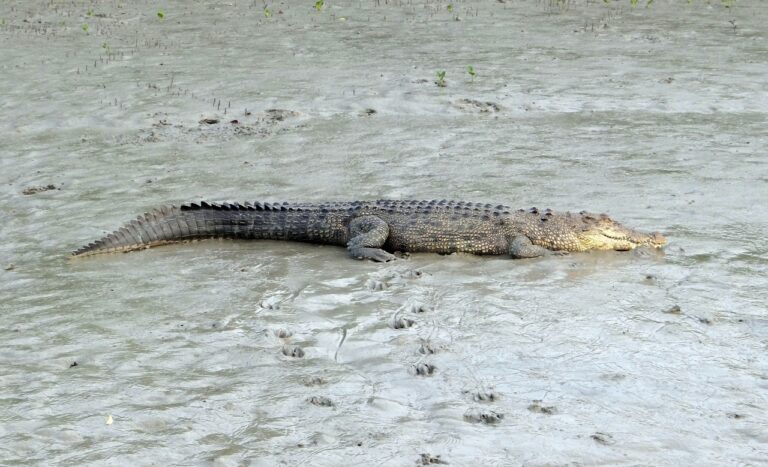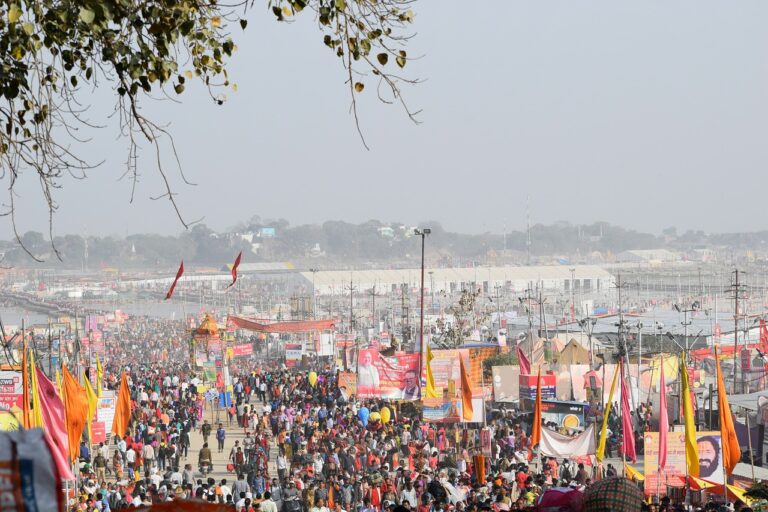The Role of Online Communities in Voter Participation
11xplay, laser 247.com, Skylivecasino Login: Voter Turnout in Military and Overseas Voting
Have you ever wondered about the challenges faced by military personnel and overseas citizens when it comes to voting in elections? Voter turnout in these two groups is often lower than the general population, and understanding the reasons behind this discrepancy is crucial for ensuring that every eligible voter has a voice in the democratic process.
In this blog post, we’ll explore the unique obstacles faced by members of the military and overseas voters, as well as potential solutions to increase voter turnout in these populations.
Challenges Faced by Military and Overseas Voters
One of the primary obstacles to voting for military personnel is the transient nature of their jobs. Many service members are stationed overseas or move frequently, making it difficult to establish residency in a particular state or jurisdiction. This can complicate the voter registration process and make it challenging to receive and return mail-in ballots in a timely manner.
Similarly, overseas citizens face similar challenges when it comes to voting. Distance, time zone differences, and unreliable postal systems can all contribute to lower voter turnout among expatriates. Additionally, some countries have strict laws regarding dual citizenship, which may prevent overseas citizens from participating in elections in their home country.
Solutions to Increase Voter Turnout
Despite these challenges, there are several steps that can be taken to increase voter turnout among military personnel and overseas citizens. One potential solution is to streamline the absentee voting process and make it easier for these groups to register to vote and receive their ballots.
Many states have implemented online voter registration systems, which can make it easier for military and overseas voters to update their information and request absentee ballots. Additionally, some states allow voters to return their ballots electronically, either by email or through a secure online portal.
Another solution is to increase awareness among military personnel and overseas citizens about their voting rights and the resources available to help them participate in elections. This can include providing information about absentee voting deadlines, how to request a ballot, and where to find assistance if they encounter any issues.
FAQs
1. Can military personnel and overseas citizens vote in all elections?
Yes, eligible voters in these groups can participate in federal, state, and local elections, depending on their residency status and the specific laws of the jurisdiction in which they are registered to vote.
2. What is the Uniformed and Overseas Citizens Absentee Voting Act (UOCAVA)?
The UOCAVA is a federal law that ensures military and overseas voters have the opportunity to participate in elections by providing them with certain rights and protections, such as the ability to request and receive absentee ballots.
3. How can military personnel and overseas citizens ensure they are registered to vote?
Voters in these groups can check their registration status and request absentee ballots through the Federal Voting Assistance Program (FVAP) website or by contacting their local election officials.
Overall, increasing voter turnout among military personnel and overseas citizens is essential for upholding the principles of democracy and ensuring that all eligible voters have a voice in the electoral process. By addressing the unique challenges faced by these groups and providing them with the necessary resources and support, we can work towards a more inclusive and representative democracy.







